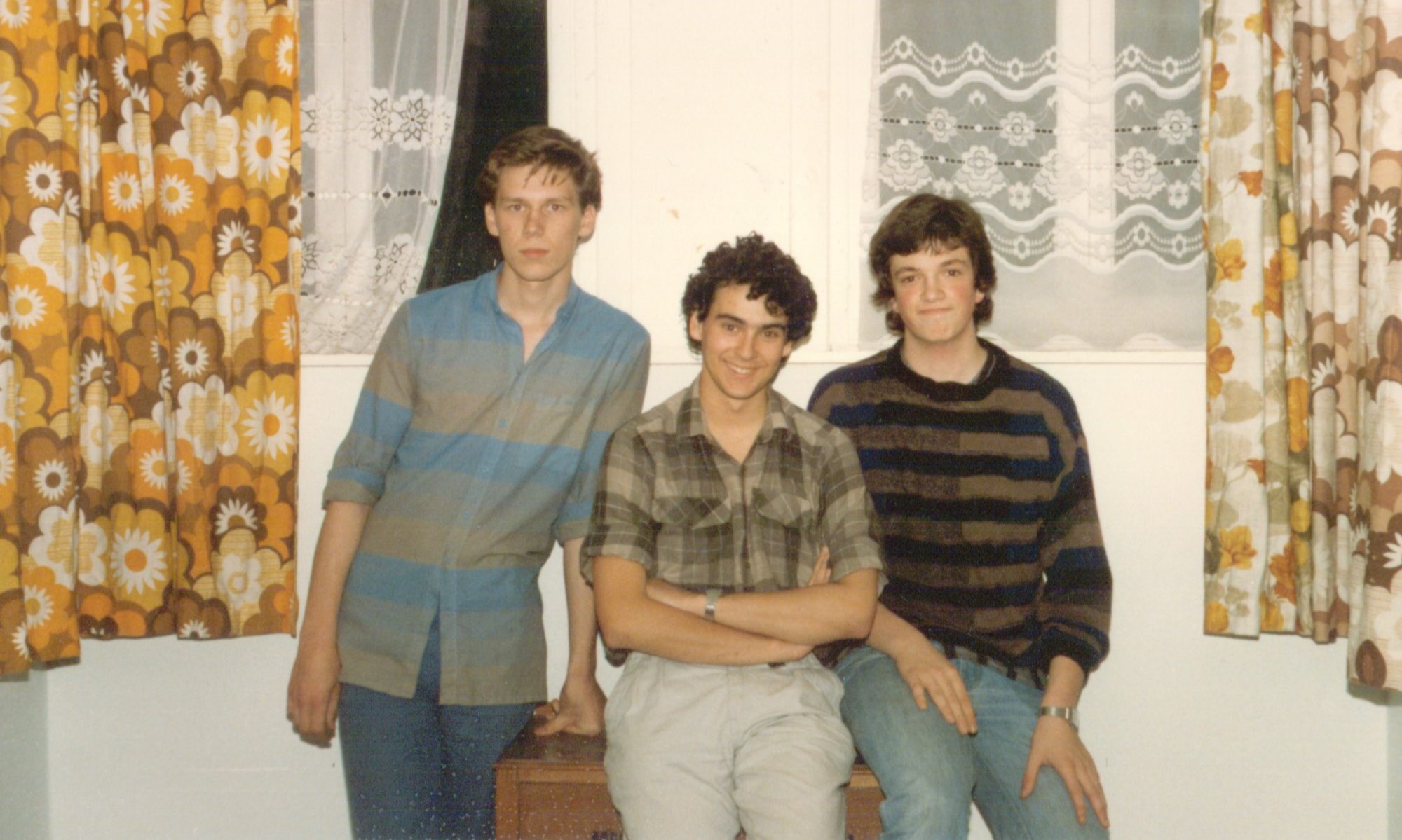Cliveden is one of the most popular National Trust sites, partly because of its proximity to large numbers of people and because its a great place with a fascinating history. At the heart of the site is Cliveden House but unlike most National Trust sites you cannot go around the house as it is leased out as a hotel. However, for a couple of hours a few days a week volunteers run short tours of highlights within the house. It was one of these that we joined this week.
Listen, don’t mention Profumo! I mentioned him once, but I think I got away with it.
Cliveden is probably best known for the Profumo affair in the 1960s however, not once was this mentioned and the focus was very much more on the Astors, the last family to live in the house.
This is the third house to sit on this site and was built in the 1840s. A brick building faced with Roman cement that has an east wing for guests, a west wing for servants and the kitchen and the main building for the family. In order to transport food and other essentials from the west to the east wing there is a small track running underneath the front of the house ensuring the view wasn’t disturbed for the owners. Sadly this we did not see.
The Astor’s bought Cliveden at the end of the 1800s much to the dismay of Queen Victoria, a regular vistor, who didn’t want the place sold to a “commoner and a foreigner” – William Waldorf Astor was an American.
Nancy Astor
At the start of the tour you enter the east wing and there either side of the door are portraits of Waldorf Astor and Nancy Astor who seems to have been an interesting individual. She was the first female MP to actually sit in the House of Commons. As a side note the first female MP was from Sinn Féin, Constance Markievicz, who was elected but didn’t take up her seat partly because she was in jail!
Astor was MP for Plymouth Sutton from 1919 until 1945 when, we were told, her husband persuaded her local party to deselect her because “Labour were going to win a landslide and that would upset her”. However, this doesn’t quite match what is in a far more reliable source – the UK Government’s History of Parliament site, which suggests her husband persuaded her not to stand.
Whatever it seems that she was an extraordinary individual holding court in the fine rooms to the great and the good on regular occasions. She was also responsible for Clivden to have electricity installed, the first country house to do so and a wise move seeing as the previous house on the site had burnt down.
But what about the house?
I realise now reading this back that it is more a history of the occupants of the house rather than a description of the interior and the tour. Well, given that this is a working hotel, albeit a smart and expensive one, I was impressed with the fact that so much is original including, for example, a table that was used by the Astor’s when entertaining. It is also the sort of hotel where you could have corridors lined with statues of the famous, such as Brunel and Nelson, and not worry about them being knocked over or damaged by the guests!
The site was gifted to the National Trust in 1942 but the Astors continued to live in the house until the end of the 1960s. The house is now leased out as a hotel and the grounds are open to the great unwashed.
Any other facts?
Joyce Grenfell was Nancy Astors niece.
Rule Britannia first performed at Cliveden.












One Reply to “Cliveden House, Taplow”